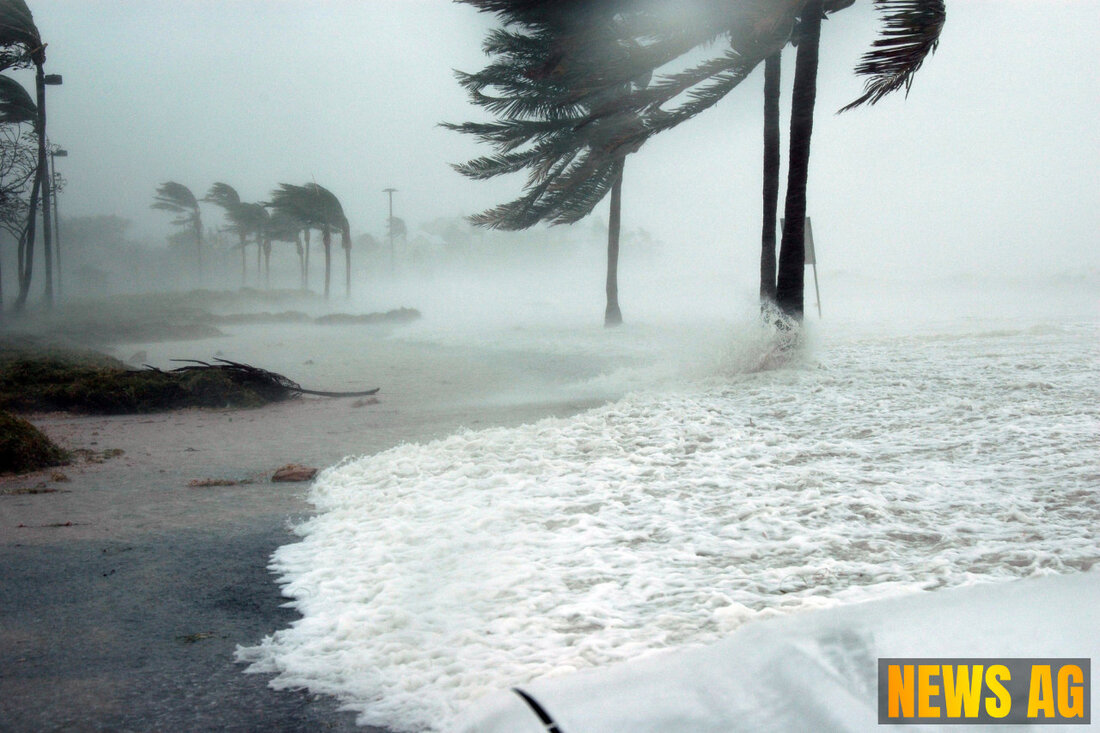Fernandina Beach: The Shrimping Legacy Facing Modern Challenges

Fernandina Beach, Florida, USA - Fernandina Beach, Florida, has proudly earned its title as the „Birthplace of the Modern Shrimping Industry,“ a claim largely credited to the efforts of author Gray Edenfield. The evolution of shrimping in this coastal city is a testament to the industry’s historical significance and an insight into current challenges faced by local shrimpers.
Among those carrying the torch is Michael Adams, 76, who has been shrimping in the area for nearly 54 years. Adams has transformed his lifelong passion into a business, employing a modified net technique that features a cork line and a tickler chain to catch shrimp. Growing up in this vibrant shrimping culture, he learned the ropes from his father, who operated in a different era, one where regulations were almost non-existent.
Historical Journey
The shrimping scene in Florida began modestly. Data reveals that before the 1900s, Florida’s shrimping production was a mere fraction of that in Louisiana. In 1897, Louisiana fishermen harvested a staggering 4.5 million pounds, while Florida managed only 39,000 pounds. It was not until the influence of Sicilian immigrant Sollecito Salvatore, who introduced an engine to a rowboat, that fishing efforts began to expand into deeper waters. This innovation, alongside the adaptation of the otter trawl net, sparked growth in the local shrimping industry.
Key milestones include the Burbank family’s establishment of a fishing net manufacturing business in Fernandina Beach in 1915. By 1918, local fishermen reported nearly 9 million pounds of shrimp caught, signaling a turning point for the seafood industry in the region.
Modern-Day Challenges
Despite this rich heritage, the shrimping industry today is grappling with a host of challenges. The local industry has suffered significantly, with a noted decline in shrimp catches. Adams recently mentioned that after a recent trip, he didn’t catch as many shrimp as he had hoped, highlighting the fickle nature of fishing.
The economic viability of shrimping has been under strain due to external elements such as a lack of docking facilities and packing houses, not to mention the overwhelming presence of imported shrimp flooding the market, which has severely impacted the quality of local catches.
This decline is echoed across the Gulf Coast, where the shrimping industry is teetering on the brink of collapse. Reports indicate that Florida shrimpers experienced an alarming drop in landings—from an average of 1,800 per year before 1995 to under 500 by 2003. High fuel costs and competition from cheaper imports have exacerbated the situation, making it increasingly difficult for domestic shrimpers to stay afloat.
In Fort Myers Beach, Trico Shrimping Company exemplifies the struggles faced by local businesses. The company was severely damaged by Hurricane Ian in 2022, leaving its docks and facilities in disrepair nearly two years later. For many shrimpers, the loss of working waterfront space is critical, as it directly impacts their ability to operate efficiently. As shrimpers fight to retain their livelihoods, discussions are ongoing about the future of maritime parks, which are deemed essential for sustaining the shrimping industry.
The Path Forward
In response to these cascading challenges, proposals like the „Save our Shrimpers Act“ aim to provide much-needed support to local shrimpers by limiting foreign shrimping practices. Advocates hope that legislation could revitalize the industry and preserve jobs integral to coastal communities.
As the industry faces potential economic upheaval, the annual Isle of Eight Flags Shrimp Festival remains a bright spot, contributing approximately $15 million to Fernandina Beach and Amelia Island’s economy. Still, the road ahead is fraught with uncertainty, and the future holds an essential lesson: perseverance in the face of adversity in one of Florida’s cherished traditions.
| Details | |
|---|---|
| Ort | Fernandina Beach, Florida, USA |
| Quellen | |
